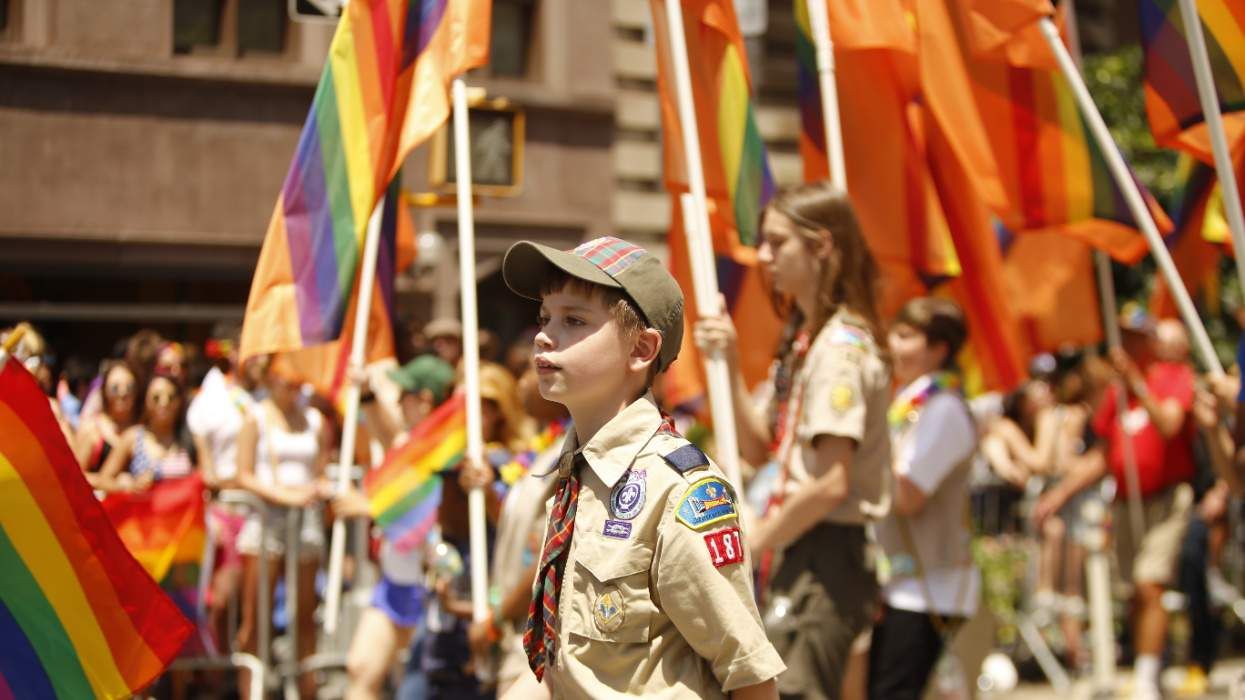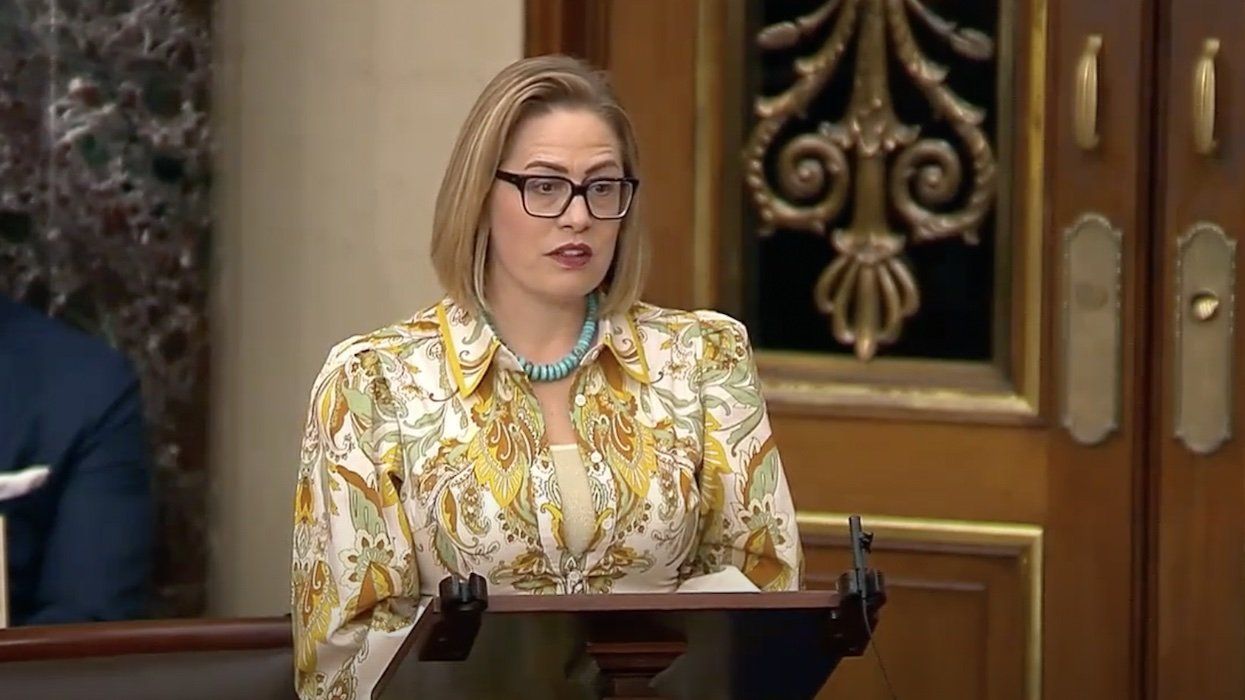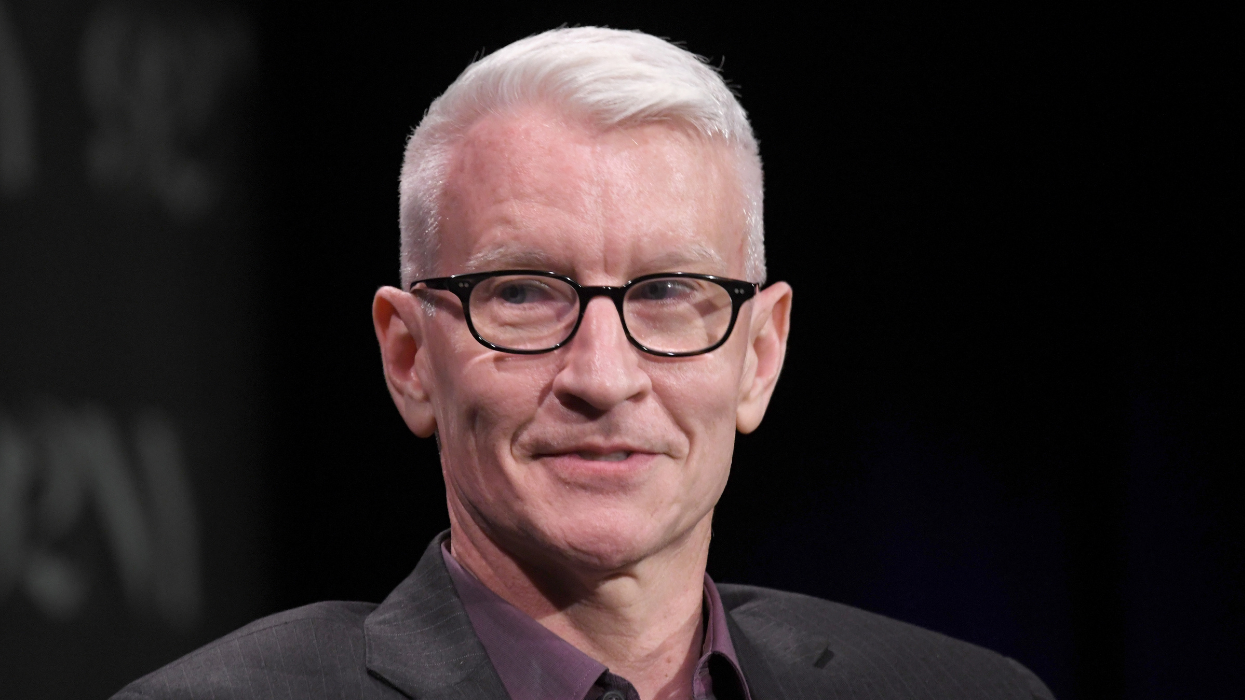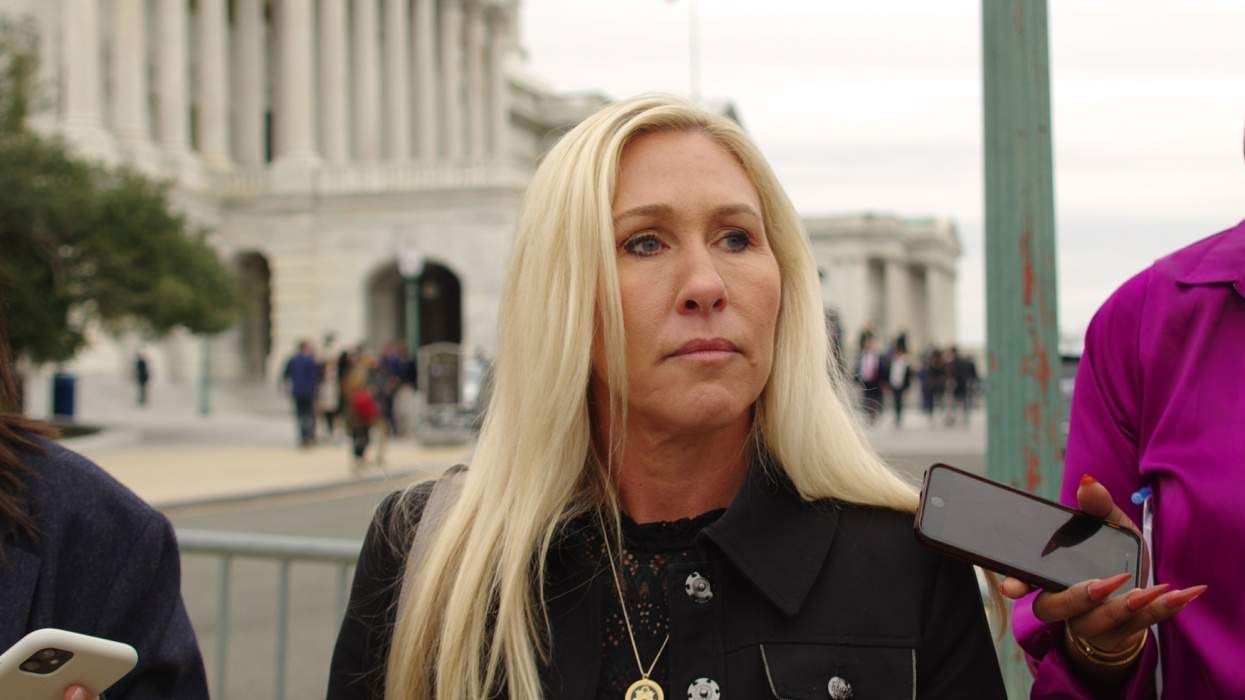Lu Jun, a
campaigner for the rights of millions of Chinese with
hepatitis B, seems an unlikely threat to the Beijing
Olympics.
But the popular
website he runs was blocked in May. This month police
detained him for four hours when he returned to China from a
hepatitis conference in Los Angeles. They wanted to
know what he intended to do with a large red banner he
was carrying that urged the government to provide
support to people with hepatitis B.
''Everyone
believes it's because of the Olympics,'' Lu said.
As Beijing enters
the final stretch before the August 8-24 Olympics, the
local and national governments are trying to shut out anyone
they believe might mar an event meant to showcase
China as a modern nation. AIDS activists have been
followed by police and beggars rounded up.
This week
petitioners in from the provinces to request the
government's intervention in local squabbles were
being rounded up by police, plainclothes officers, or
hired thugs, who sometimes packed them into waiting
vans to be sent back home.
''Now I can't
stay in hotels. I have to live on the streets because if I
ever register my name, the police will kick me out,'' said
Wang Lijun, 37, nervously clutching copies of his
complaint letters amid 40 or so petitioners Wednesday.
Wang has traveled
countless times to Beijing, trying to recoup unpaid
pension benefits for his father, a World War II and Korean
War veteran later labeled a political criminal. But in
recent months, Wang said, officials in his home in
barren Shaanxi province and in Beijing have twice told
him not to travel to the capital because of the Olympics.
Beijing began
tightening its already strong squeeze on political
activists more than a year ago, and since then has targeted
others regarded as potential troublemakers. In
January, Beijing Communist Party secretary Liu Qi, who
also heads the Olympic organizing committee, was
quoted in state media as saying beggars and vagrants would
be cleared away for the games.
Sporadic violence
involving Muslim separatists in China's far west and a
widespread uprising by Tibetans against Chinese rule in
early March have heightened Beijing's fear of
disruptions.
But targeting
Chinese who have never openly challenged the party
underscores the lengths the government is going to make sure
no protests disrupt an Olympics it hopes will boost
its domestic and international legitimacy.
Lu, the hepatitis
B activist, has campaigned for awareness about the
disease, which infects the liver and is endemic in China,
with an estimated 120 million sufferers. They often
face discrimination and are sometimes denied jobs,
even though the disease cannot be transmitted by
casual contact. His website has become a lively forum
attracting 300,000 members and often airing critical
statements.
''This website
deals with lots of discrimination and people criticize the
government. These are negative things and they don't want to
lose face during the Olympics,'' said Lu.
The growing
police pressure on some activists is driving some to leave
Beijing during the games, while others have been explicitly
told to do so.
''Many people are
keeping their heads down,'' said Sara Davis, executive
director of Asia Catalyst, a New York-based group that works
with activists in Asia on human rights, the
environment and social justice.
Wan Yanhai, an
outspoken, pioneering AIDS activist, plans to leave
Beijing in August. He said authorities have put dozens of
AIDS activists under house arrest or surveillance.
Since late May, he has been repeatedly followed by
police cars, sometimes 24 hours a day.
''This year
people have already become very careful and not many people
are organizing large activities,'' he said.
Two websites for
people with AIDS were temporarily shut down in March,
and electronic bulletin boards for sites dealing with HIV
and AIDS have also been closed down, activists said.
This past week
Dechen Pemba, an ethnic Tibetan who holds a British
passport, said she was detained by police as she was leaving
her Beijing apartment. They searched her apartment,
then took her to the airport in a convoy of three
black cars and put her on a flight to London.
Pemba had a valid
Chinese work visa, but she said police told her she had
broken the laws of the country, though they did not specify
which ones.
Pemba is a friend
of many Tibetans in Beijing, including Woeser, an
author who like many Tibetans goes by one name. She has
written critically of China's rule in Tibet and was
recently under police surveillance.
Pemba once worked
for the lobbying group International Campaign for Tibet
in Berlin, but said she had stayed away from political
activities in China.
Chinese Foreign
Ministry spokesman Liu Jianchao said Thursday that Pemba
was involved in separatist activities and was a part of the
Tibetan Youth Congress, an exile group the Chinese
government accuses of being a terrorist
organization. Pemba denied the allegations, calling them
''completely baseless and fabricated.''
''I think they're
very nervous on anything to do with Tibet,'' she said.
Official worries
are also making life difficult for Tibetans, Muslims
from the far west, and other minority ethnic groups, who are
finding it difficult to get hotel rooms.
Zhang Shihe, a
blogger who has written extensively about the lives of
migrant workers in Beijing, said that since March local
police have told neighborhood residents' committees
near the Olympic venues not to provide accommodation
to people from Tibet, Inner Mongolia, and the Central Asian
border province of Xinjiang.
''The whole thing
shows that the government is very immature,'' he said.
''It is not people-oriented, and it's harming the public.''
(Henry Sanderson, AP)


































































Charlie Kirk DID say stoning gay people was the 'perfect law' — and these other heinous quotes